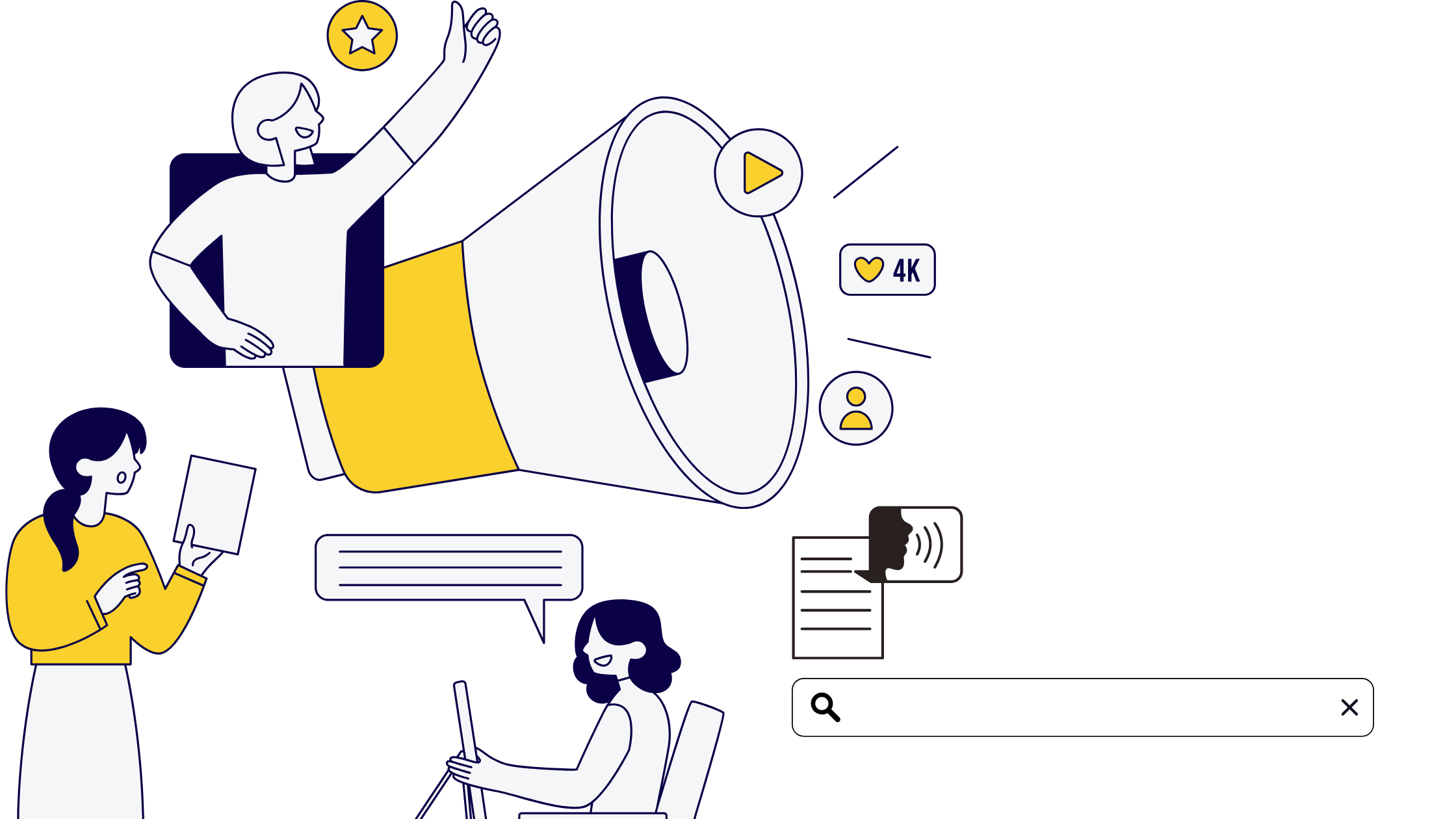The ultimate goal for many brands is to have a fully SEO-optimised website in order to rank higher than their competitors. SEO in the last couple of years has evolved to become more intelligent and refined, making it important to searchers, readers, bloggers, and marketers. Today, having the best quality and SEO-optimised keyword-rich content is what really counts.
The real challenge today is to focus on building and creating useful content that can provide your readers with the most valuable information they need. And if you succeed at doing that, then search engines will automatically consider your website or blogs as credible, expert sources of information, and reliable, thereby letting you rank higher.
How to rank higher on search engines?
- Choose the right keyword
- Analyse your niche
- Write a meta description
- Ensure keyword frequency
- Provide page links
- Provide title tags
- Optimise content for search robots
- Ensure on-page optimisation
- Ensure off-page optimisation
Choose the right keyword
It’s very important to incorporate keywords that are associated with your business. Choose the relevant keywords, run them in your search engine and see what related searches it suggests.
It’s important to look up keywords your competitors are using in order to target potential buyers that flock to your competitor’s website. Well, it’s not too difficult to search for keywords. You could also find relevant keywords for your websites through various keyword research tools available on the Internet.
Analyse your Niche
Gone are the days when broad general terms were used in content for websites to rank higher, now the use of long-tail keywords is the only way to rank higher and meet the relevant requirements of search queries.
A long-tail keyword consists of 3 main keywords that are targeted to a specific demographic and not a mass audience. These long-tail keywords are generally less competitive, thus increasing the chances for your website ranking higher. You can use Google’s External Keyword Tool which is a free tool that allows you to find out local as well as global search volumes of your niche terms and related keywords.
Meta description
It’s important to have a meta description to help search engines know why your focus keywords keep appearing in the content. Make sure your meta description is under 150 characters which include spaces as well. Mention a short description of what information the page consists of and incorporate a call-to-action that will prompt users to click to your website.
Include targeted keywords in the description and make sure the terms are close to the user query, which will make your page look relevant to searchers. Also, make sure that your meta descriptions are unique across all the pages on your website.
Page links
Page links help search engines know that you are sociable and connected and that you have useful content that the searchers can access from somewhere else. These links can have your own content or from another site as well. Linking pages indicate that you value what others write and search engines will consider your website as highly valuable.
You can link to relevant pages on your website or outside your site, link to more detailed guides or content on your page or some other page, and you can also build links with appropriate anchored text that goes naturally with the content on your site.
Title tags
The first statement or phrase that appears in search results is known as the title tag. It is a meta HTML tag like the meta description and acts as a title of a book. Make sure the title tags are concise and accurate in terms of the description of your web page. Search engines only display 50-60 characters in their search results so be careful of the length of the title.
Optimising content for search robots
Search engine robots (web robots, crawlers or spiders) are programs that constantly scrutinise the web. And when they crawl, they look for fresh content and reward the websites that have updated content on their site. These crawlers are mainly interested in your meta description, meta titles, and the keywords that you target. This helps search engines determine the industry you are focusing on and if the content will be beneficial to a user.
On-page optimisation
On-page optimisation is basically making your web pages SEO-friendly by paying attention to leveraging SEO-friendly URLs, starting with title keywords, dazzling users with multimedia, adding alt text to images, using outbound links, dropping keywords in the first 100 words, nailing your page loading speed, posting long SEO-friendly content, using social media sharing buttons, and slashing your web-page bounce rate.
Off-page optimisation
You can optimise your off-page SEO by building and engaging communities through social media, exposing your business and taking local advantage, building brand confidence by increasing business reviews, promoting local citations, encouraging link building through bloggers, guest postings, competitor links, do-follow blog commenting, among others.







